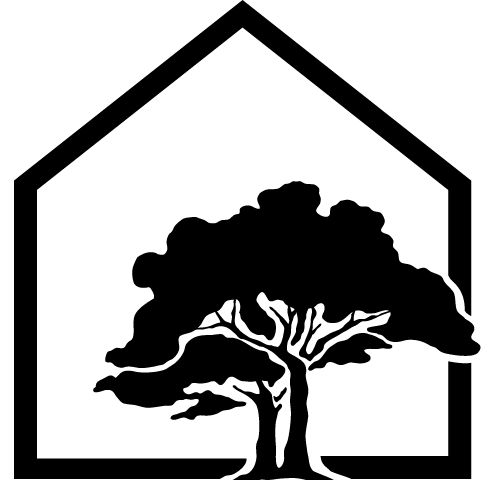by Dyesha Belhumeur | Green Canopy Finance Administrative Assistant
“Attacked for being a black man who slept with a white woman” sounds like a headline out of a 1954 newspaper. But it’s 2018, and this is now part of the story for a friend of mine, DaShawn Horne.
On the morning of January 20, 2018 DaShawn was attacked with a metal baseball bat, by an 18-year old who found out that his sister spent the night with DaShawn. Just over a week later on January 30, Seattle Time’s Sara Jean Green reached out to the family to document the details, leading to an outpouring of nationwide support on GoFundMe, news publications and blogs.
What the articles are missing, though, is DaShawn. I had the pleasure of attending High School with DaShawn and becoming close friends with his sister, allowing me better insight into the type of character he’s embodied over the years I’ve known him. He is a family man who puts his family above all else. And he is a loyal and dedicated friend who treats his friends like family. He is a new father who spends every moment he can making sure his 16-month-old son, Deion, knows his father will always be there. He is a brother who regularly checks in on his siblings, and a son whose mother has displayed an immense amount of strength at a time that would have broken most. He is one of the goofiest people I know, making faces and jokes with a laugh that creates more laughter.
One of his uncles sums it up best, “Shawn is a dynamic individual. There are very few people out there who can have people from all different walks of life, backgrounds, races, socioeconomic statuses, and education levels gathered in one room to support him.”
When you look at DaShawn, you would not know that he graduated from high school as a honor roll student, that he studied Criminal Justice at Eastern Washington University, or that he worked with the non-profit, AVID, whose mission is “to close the achievement gap” by mentoring underserved kids. Anybody who’s had the pleasure of interacting with DaShawn, would agree that to say, “he didn’t deserve to be blindsided in an act of hatred,” is an understatement. People often try to justify racial attacks by claiming the attacked looked like a “criminal” or a “thug”, but no matter someone’s outward appearance, nobody deserves what DaShawn is going through.
The unfortunate and sad reality is that for many black families, this is an all-too-frequent occurrence and everyday fear. As another one of DaShawn’s uncles puts it, “it’s just our turn to go through it,” and the question is simply, “whose family will be next?”.
We get tired of attending funerals, visiting hospitals, and posting #RIP hashtags. Every day, black men and women are targeted because of the color of their skin; surveilled, attacked, and killed. Images and stories of black bodies being hurt and destroyed seem to fill our social media and news feeds so much that society has grown numb to these images and their stories. It’s just another article, just another story. African American families should not have to coach our children on how to interact with police to ensure that they return home at the end of each night. “Always make sure your hands are visible; ask before you make any movements; never — for absolutely any reason — run; always make sure you have your ID,” and the list goes on.
Racism is systemic and a very-present reality today. It is deeply embedded in every social institution, interaction, and structure within the American society from the micro-aggressions in our day-to-day relations, to a housing-and-zoning system set up to disenfranchise blacks, to a justice system which is rooted in a racist foundation and reliant on black and brown bodies. It is the codependence of policies, practices, and ideas that have established a social construct in which it is not explicitly said, but understood, that the resources, rights, and powers available in this country are to be withheld from black-and-brown people.
White America has historically benefited from nearly four hundred years of racist beliefs and structures and largely become blind to its oppressive strength against minority groups. It is our life experiences and influences that shape us as people, our views of the world, and our beliefs, and to shake the weight of these historical constructs takes hard, introspective work. We cannot tackle systemic issues without first identifying our internal biases that shape our actions. We cannot change what happened to DaShawn, but we can take steps to eradicate the systems that perpetuate racism and these acts of hatred.
To start this work, support DaShawn’s family as they care for him and his baby, watch the eye-opening documentary 13th on mass incarceration as the current extension of slavery and read the University of Washington's article on how Seattle’s zoning laws stem from segregation and racism.
DaShawn Horne 2010, with son Deion in April of 2017, Deion after a new haircut in January 2018



